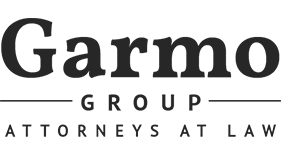A to Z Of Starting A New Business Or Buying A New Business
Conducting due diligence prior to starting new business
According to the US Small Business Administration (SBA), 30% of all new businesses fail within two years, 50% fail during the first five years, and 66% fail during the first ten years. Therefore, it is a smart business move to conduct through due diligence of the business or property you are about to start or buy.
What is due diligence?
Due diligence consists of the time period before the business is opened or purchased for the buyer to study various aspects of the transaction to ensure the business will be successful. Some examples include:
- Feasibility & Market study.
- Business financials, projections & budgets.
- Review/negotiate the lease that controls where the business will be held.
- Potential licensure requirements for the type of business you will be buying or opening.
- Franchise agreement, if applicable.
- Regular escrow & bulk sale escrow to ensure that the furniture, fixtures, equipment, and inventory do not have a lien.
- Issues of title for real estate transactions.
There are many other examples of how we can help our clients conduct due diligence to ensure a successful business.
I am ready to open or buy my business, what’s next?
As soon as you make the decision to start a new business or buy an existing business, the next step is to determine how you will actually own that business?
Do I need a legal entity?
When starting a new business or buying a business, there are many different methods of ownership of that business:
- Sole proprietor occurs when the business is owned in the owner’s personal name. This is the cheapest way to hold title to a business or property; however, it also the riskiest way to own a business or property. If the business is sued and insurance is insufficient, the owner will be sued personally and his personal assets, including his home can be at risk. Therefore, to protect personal assets from being attached to a lawsuit, it is probably a good idea to establish a legal entity.
- Partnership consists of multiple owners typically owning a property a general partnership or limited partnership. Partnerships are fine; however, in a General Partnership, one partner can make the partnership liable for the actions of another partner. Therefore, choose your partners well.
- S corporation. An S Corp doesn’t pay tax. The owners report the revenue as personal income. This structure is great for businesses, particularly small businesses or family-run businesses.
- C corporation. A C Corp pays taxes on its income plus tax on whatever income the owner or employee receives.
- Limited Liability Company. An LLC is a corporate structure where the owners are not personally liable for the company’s debt or liabilities. This structure works well to establish a new business or purchase real estate.
Which Entity works best for me?
Usually, we consult our clients to seek a qualified CPA/ Accountant to analyze the client’s financial condition, number of partners, number of family members, projected income & expense, projected distributions and other factors to decide best entity.
What are some other business requirements?
EIN – When applying for a business, whether a sole proprietor, LLC or corporation, you must apply for an Employer Identification Number so that the business can file tax returns with the U.S. government.
ITIN – Individual Tax Identification Number. This is used primarily for foreign nationals who cannot obtain a social security number to comply with U.S. tax laws.
In California, there are additional agencies to be aware of when starting a new business:
FTB – Franchise Tax Board. The FTB is the California tax agency that collects and enforces state income tax assessment and collection. It is similar to the IRS – Internal Revenue Service.
EDD – Employment Development Department. The EDD handles the audit and collection of payroll taxes and provides services under unemployment insurance, state disability insurance, and provides jobs and training to millions of Californians.


